As artificial intelligence (AI) technology continues to advance at a rapid pace, it is transforming the modern workplace in different ways. From automating routine tasks to enabling smarter decision-making, AI is reshaping how companies operate and how employees work.
While AI-driven tools promise increased efficiency, innovation and growth, they also raise important questions about the role of human expertise, and the need for new skills in an evolving landscape.
According to the ManpowerGroup employment outlook survey, based on responses from 420 people, more than half of Irish employers report head counts will likely increase as a result of AI adoption over the next two years.
Along with this, over one-third (35%) of Irish employers report that they are already adopting AI, including generative AI and machine learning, into their business processes.
Mary Connaughton, director of CIPD Ireland, the professional body for HR and people development, has seen an increase of AI being used in different areas by HR managers.
“We are seeing more use of AI in recruitment – in terms of reviewing skills in applications; and shortening down CVs so that there’s a good summary available. This then helps in rating applicants,” she says.
Organisations are also trying to get an understanding of the learning needs of employees and come up with a sample of solutions.
Knowledge
“It’s taking the system, having the personal knowledge about what someone’s skills are, and the sort of work that person does, to be able to recommend [the] best in terms of learning,” says Mary.
Collating and storing information so the system comes out with accurate recommendations is expensive and time-consuming.
AI is still at an immature stage. Over the next year, Mary thinks we will see a leap forward in terms of the tools available.
“What we know from global research is that as AI gets used more, the sectors that it’s going to have the most impact on are banking, insurance and software.
“When organisations are bringing it in, it is disrupting the work.
“That means it’s changing roles and because the processes people did are now partly automated, individuals are still monitoring it and presenting the data,” she says.
As a result, AI is also creating new roles, particularly around analytics. It is also bringing about opportunities for new product development and different customer engagement.
There is a large variation across companies’ in terms of their uptake of AI. Some are using it in terms of business strategies and setting organisation and employee goals while others are not using it at all.
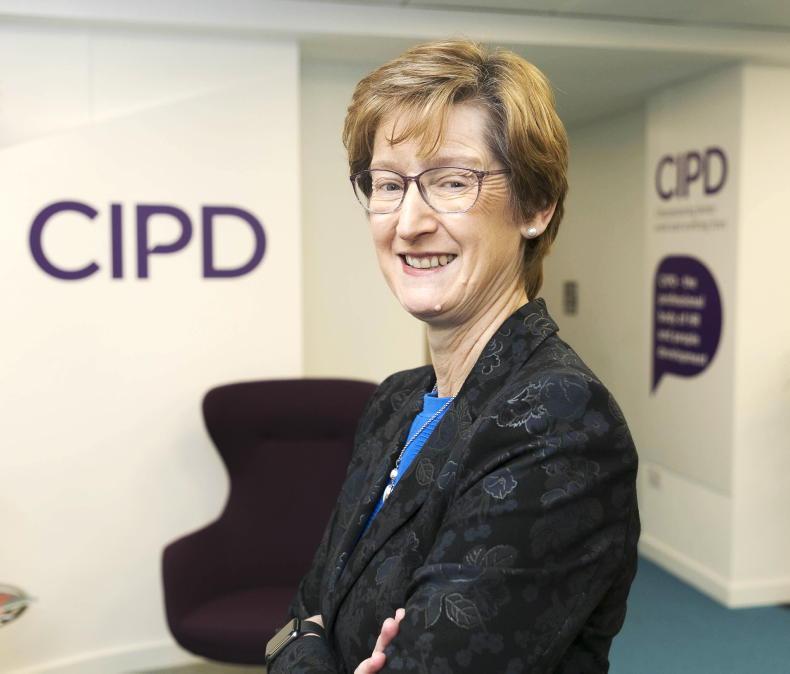
Director of CIPD Ireland, Mary Connaughton.
HR managers and employers must upskill on the implications of AI as it isn’t going anywhere; it is only going to progress and develop over the next few years. Mary advises people to lean into it and start experimenting and building up their expertise as “your job isn’t going to be taken over by AI, but it may be taken over by someone who can use AI”.
“It’s going to be with us, and we need to get better at both understanding it and using it. Always start with the problem you’re trying to solve,” she says.
The other thing is to provide guidelines or guardrails to the organisation as employees need to know what they can and cannot do with AI.
“If somebody is using something like a public chat CPT, they should know not to put corporate information into that, because then you’re making that information available publicly. There’s a whole education for employees, and to make sure that employees are aware both of the risks of the data but also the bias of results,” she says.
More than half of Irish employers reported head counts will likely increase as a result of Artificial Intelligence (AI) adoption.Over one-third (35%) of Irish employers are already using AI.
As artificial intelligence (AI) technology continues to advance at a rapid pace, it is transforming the modern workplace in different ways. From automating routine tasks to enabling smarter decision-making, AI is reshaping how companies operate and how employees work.
While AI-driven tools promise increased efficiency, innovation and growth, they also raise important questions about the role of human expertise, and the need for new skills in an evolving landscape.
According to the ManpowerGroup employment outlook survey, based on responses from 420 people, more than half of Irish employers report head counts will likely increase as a result of AI adoption over the next two years.
Along with this, over one-third (35%) of Irish employers report that they are already adopting AI, including generative AI and machine learning, into their business processes.
Mary Connaughton, director of CIPD Ireland, the professional body for HR and people development, has seen an increase of AI being used in different areas by HR managers.
“We are seeing more use of AI in recruitment – in terms of reviewing skills in applications; and shortening down CVs so that there’s a good summary available. This then helps in rating applicants,” she says.
Organisations are also trying to get an understanding of the learning needs of employees and come up with a sample of solutions.
Knowledge
“It’s taking the system, having the personal knowledge about what someone’s skills are, and the sort of work that person does, to be able to recommend [the] best in terms of learning,” says Mary.
Collating and storing information so the system comes out with accurate recommendations is expensive and time-consuming.
AI is still at an immature stage. Over the next year, Mary thinks we will see a leap forward in terms of the tools available.
“What we know from global research is that as AI gets used more, the sectors that it’s going to have the most impact on are banking, insurance and software.
“When organisations are bringing it in, it is disrupting the work.
“That means it’s changing roles and because the processes people did are now partly automated, individuals are still monitoring it and presenting the data,” she says.
As a result, AI is also creating new roles, particularly around analytics. It is also bringing about opportunities for new product development and different customer engagement.
There is a large variation across companies’ in terms of their uptake of AI. Some are using it in terms of business strategies and setting organisation and employee goals while others are not using it at all.

Director of CIPD Ireland, Mary Connaughton.
HR managers and employers must upskill on the implications of AI as it isn’t going anywhere; it is only going to progress and develop over the next few years. Mary advises people to lean into it and start experimenting and building up their expertise as “your job isn’t going to be taken over by AI, but it may be taken over by someone who can use AI”.
“It’s going to be with us, and we need to get better at both understanding it and using it. Always start with the problem you’re trying to solve,” she says.
The other thing is to provide guidelines or guardrails to the organisation as employees need to know what they can and cannot do with AI.
“If somebody is using something like a public chat CPT, they should know not to put corporate information into that, because then you’re making that information available publicly. There’s a whole education for employees, and to make sure that employees are aware both of the risks of the data but also the bias of results,” she says.
More than half of Irish employers reported head counts will likely increase as a result of Artificial Intelligence (AI) adoption.Over one-third (35%) of Irish employers are already using AI.





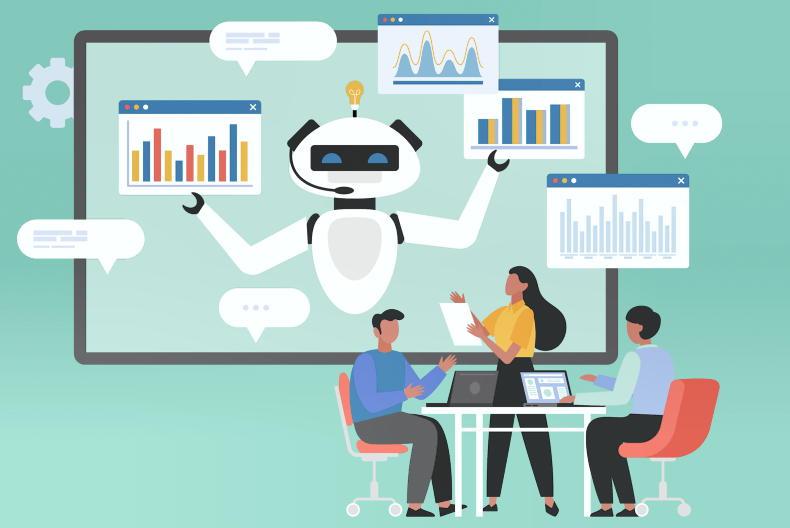
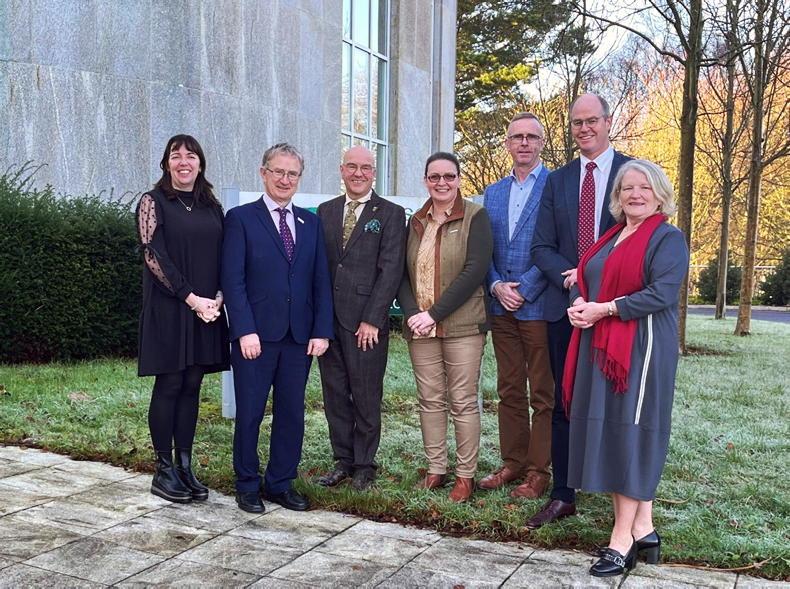

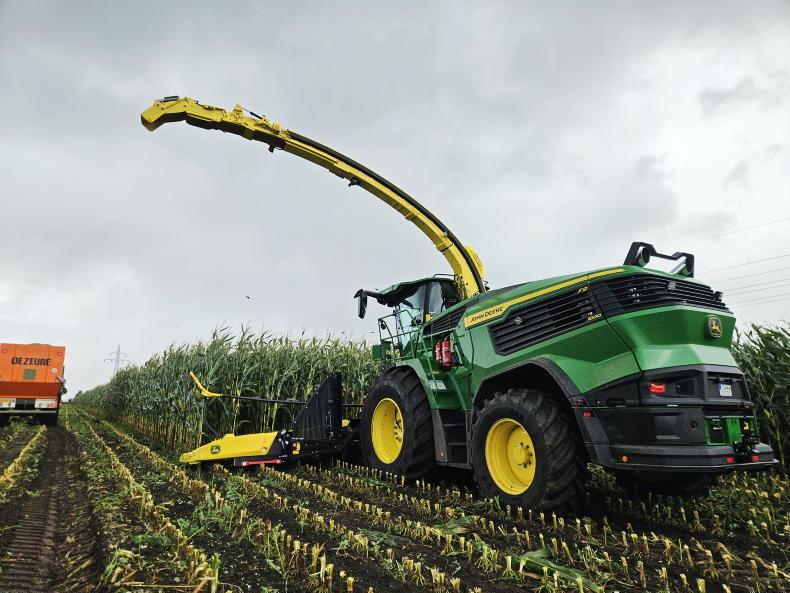
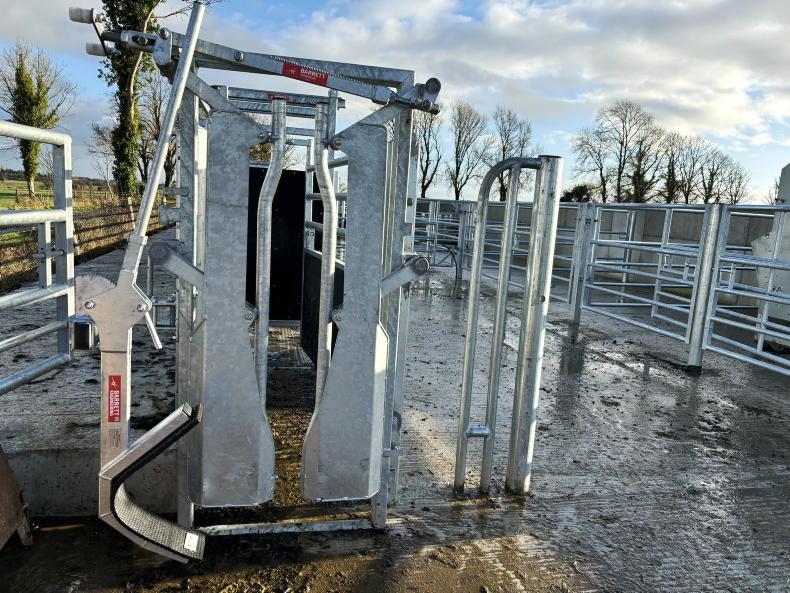
SHARING OPTIONS